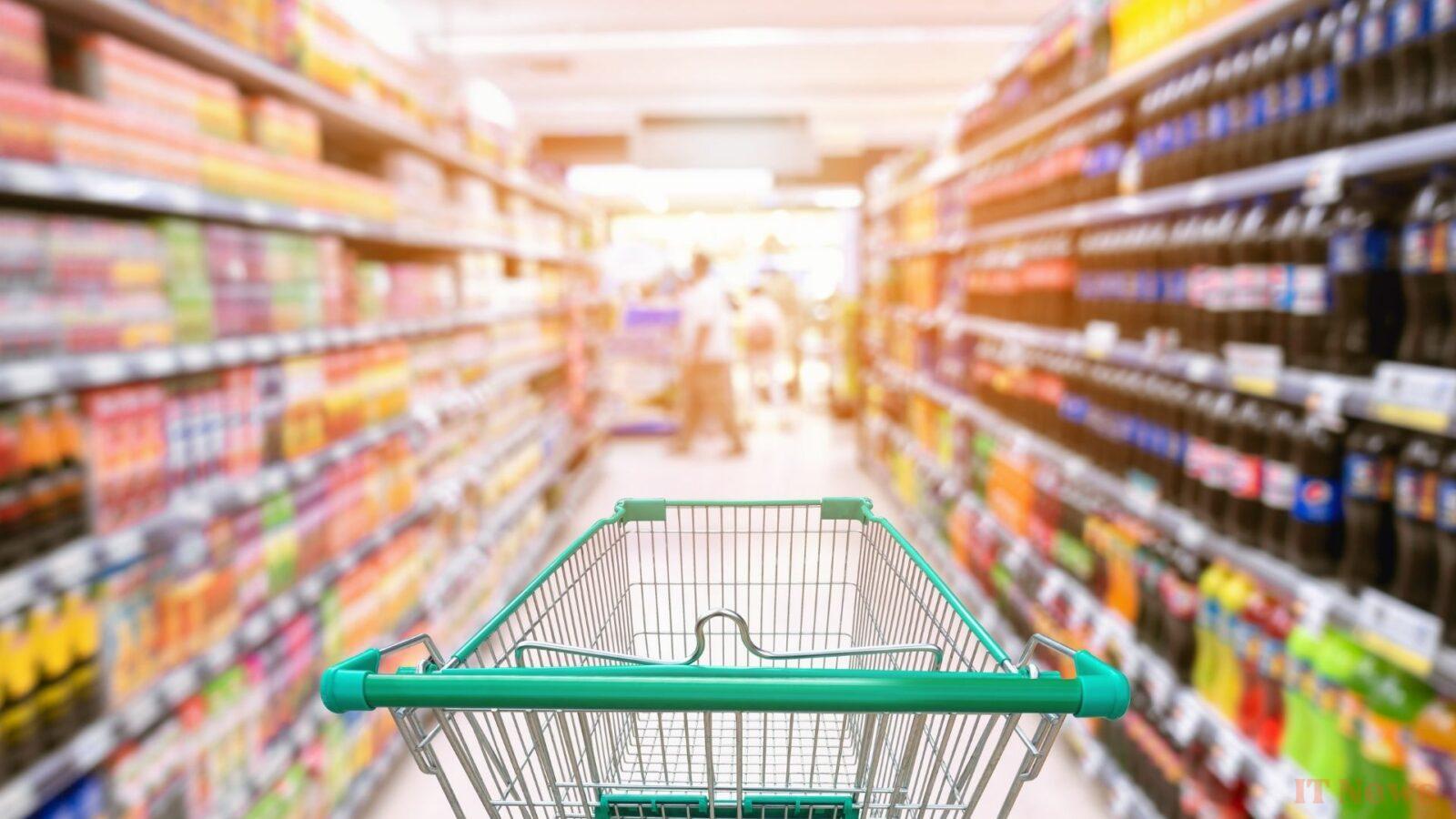This is news that will not please restaurateurs. As of January 1, 2027, meal vouchers will continue to be usable in supermarkets for the purchase of food products, and their paper format will disappear permanently in favor of dematerialization. Two successive announcements, which have aroused the anger of restaurateurs and rekindled the debate on the balance of the system.
Good news for consumers
Since 2022, an exemption has allowed meal voucher holders to purchase in supermarkets not only ready-to-eat meals, but also food products that are not immediately consumable, such as rice, pasta, or oil. This system, approved by 96% of French people according to a survey in April 2024, was extended until the end of 2026, in a context of high inflation and declining purchasing power. The decision to extend it beyond this deadline marks a turning point: it will be a matter of establishing the right over time, and no longer as a simple transitional measure.
But this development is far from unanimous. Professional catering organizations denounce a distortion of the spirit of the meal voucher, historically designed to support the restaurant industry. They point to unfair competition with large-scale distribution, which is now capturing a growing share of a market estimated at €10 billion per year.
The end of the paper voucher
The other major announcement concerns the complete dematerialization of meal vouchers by January 1, 2027. The minister justifies this measure by the heavy management imposed by the paper format, both for restaurateurs and issuers. Industry players will soon have to anticipate the disappearance of physical inventory and adapt their payment systems to this new standard.
This development is in line with the recommendations of the Competition Authority, which, at the end of 2023, recommended mandatory dematerialization to modernize the sector and reduce management costs. It also paves the way for innovative solutions, such as integration with bank cards or automatic reimbursement of food expenses.
Faced with the discontent of restaurateurs, the government is not ruling out other adjustments. Among the avenues under consideration is the introduction of a double cap: a higher amount for restaurant expenses, lower for large-scale distribution. This solution, supported by professionals, has been considered for several months, but its legal feasibility remains to be verified.
The reform of meal vouchers crystallizes major economic and social issues. On the one hand, the continued use of supermarkets meets consumer expectations and the need to preserve their purchasing power in the face of rising food prices. On the other, it weakens an already strained restaurant sector, which is seeing a driver of footfall and turnover disappear.



0 Comments